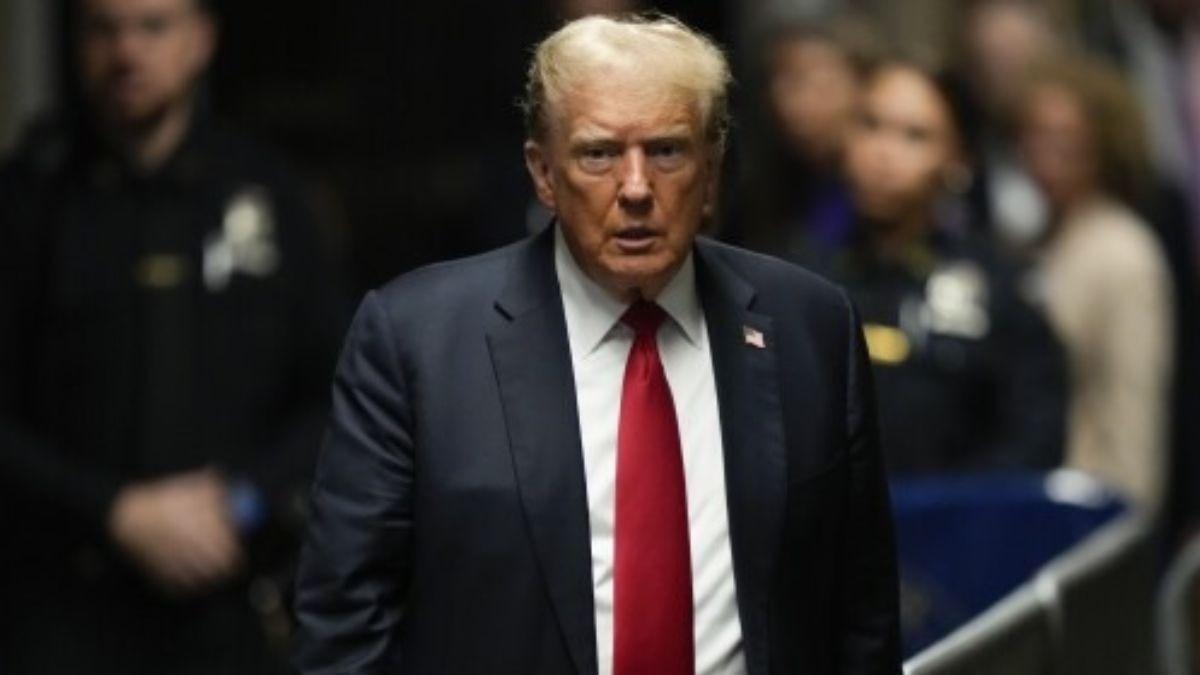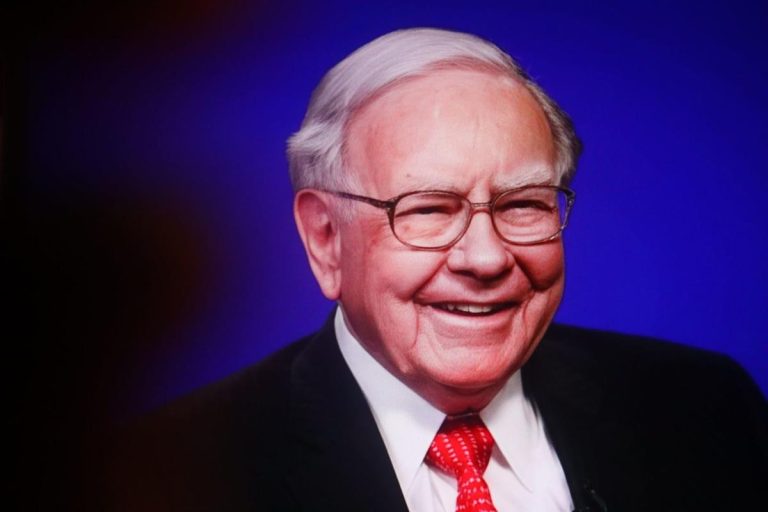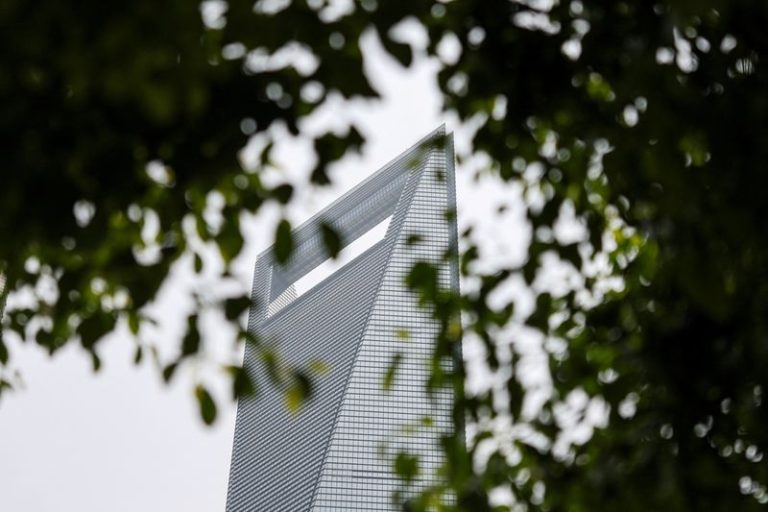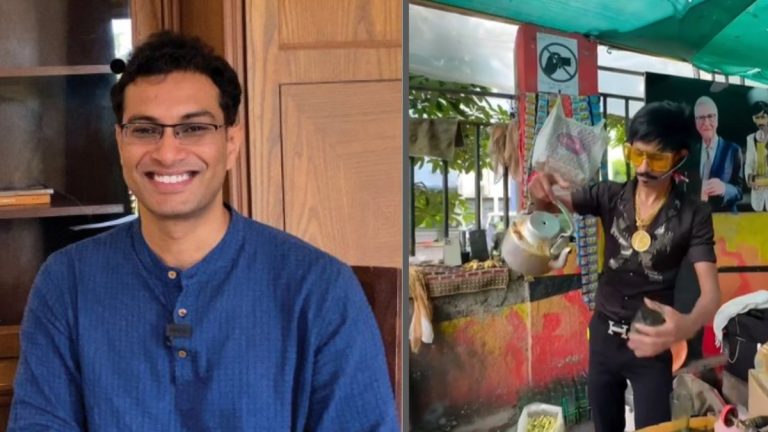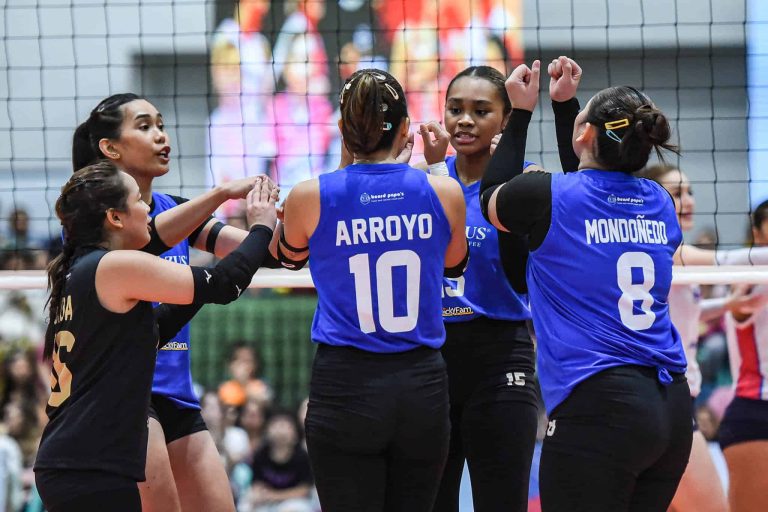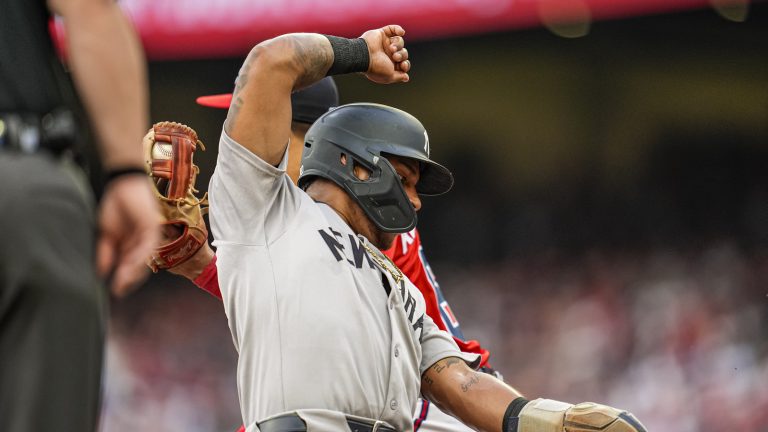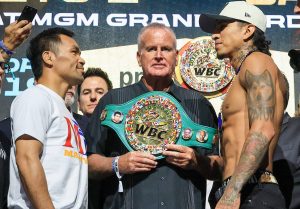India’s top trade negotiator Rajesh Agrawal returned from Washington as the fifth round of Bilateral Trade Agreement (BTA) talks with the United States wrapped up ahead of a looming tariff deadline.
The four-day discussions, held from July 14 to 17, aimed to finalize an interim trade deal before August 1—when the U.S. is set to reimpose Trump-era tariffs of up to 26% on countries including India.
Agrawal, India’s special secretary in the commerce department, led the delegation in talks that included key sectors such as agriculture, automobiles, and high-tech exports under the SCOMET (Special Chemicals, Organisms, Materials, Equipment, and Technologies) category.
India is holding firm against U.S. pressure to lower duties on agriculture and dairy—sectors it has consistently shielded in trade pacts. Domestic farming groups have also called for agriculture to be excluded from the talks entirely.
On its part, New Delhi is pushing for the rollback of the suspended 26% tariffs and seeking lower duties on steel (currently 50%), aluminium, and automobiles (25%). India also wants better U.S. market access for its labor-intensive exports, including textiles, gems, leather goods, shrimp, grapes, and bananas.
The U.S., meanwhile, is demanding duty concessions on electric vehicles, wines, petrochemicals, and a range of agricultural and genetically modified products.
While both sides aim to conclude phase one of the BTA by September or October, their immediate focus remains securing a “mini deal” before the August 1 deadline.
Trade between the two nations remains robust. India’s merchandise exports to the U.S. surged 22.8% to $25.51 billion in Q1 FY2025, while imports rose 11.68% to $12.86 billion.
